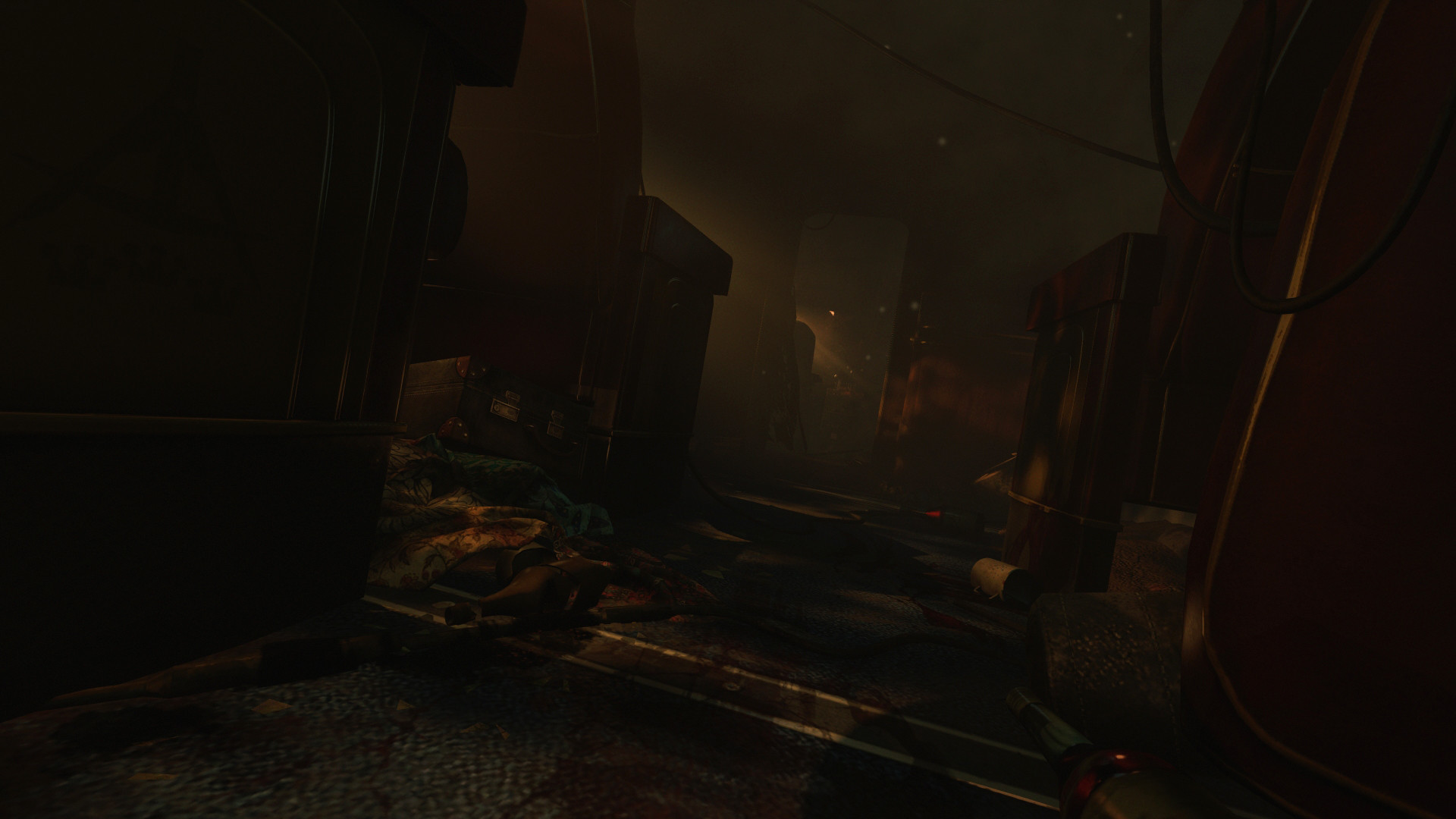


During such periods, a person loses the ability to navigate in space and looks lost. The duration of an attack can be different from several hours to several days they are due to a complete inability to absorb new information. More often, the disease affects older women, as well as women of the middle-aged category. Retrograde amnesia often occurs in patients who suffer from epileptic seizures, cerebrovascular dysfunction, and migraine attacks. With a gradually increasing memory loss, it can arise from a tumor, mental illness, degenerative changes in the brain. Sometimes this type of memory damage occurs as a result of intoxication or metabolic encephalopathy.īecause the hippocampus is especially sensitive to hypoxia and ischemia, its damage is observed in violation of blood circulation, suffocation, and carbon monoxide intoxication. The emergence of acute r etrograde amnesia is often associated with stroke, traumatic brain damage, and herpetic encephalitis. Retrograde amnesiaĪ specific symptom of retrograde amnesia is the patient’s lack of memories of the events that happened to them before the development of the disease.Ĭauses. The extended classification considers the temporal location of forgotten events at the time of the onset of amnesia. Local amnestic disorders are diagnosed when the patient loses a particular skill or skill. In the first case, the patient cannot remember any events in a certain period of the past second, the dissociative one has vague and fragmentary memories. Neurologists distinguish three types according to the completeness of memory loss: During the diagnosis, doctors consider all the parameters since the patient’s treatment strategy depends on them. The basis for the classification of pathology is the characteristics of the completeness of loss of memory, chronological orientation, and features of the course. Cryptomnesia, the source of information received, is forgotten, and a person passes it off as their own.Transient epileptic temporary lapses in memory when the patient continues to behave appropriately.Dissociative, specific facts or events from life are forgotten, but a person continues to store universal knowledge.A dissociative fugue is a temporary loss of personality when a person mistakes themself for another, and then there is a sharp return of memory.Retrograde amnesia, memories that occurred before memory loss disappear.Anterograde amnesia, a person cannot retain in their memory new events that have occurred in their life.A similar state is characteristic of almost every person. Childhood is characterized by a person’s lack of memories of infancy.Partial loss of memory can result from alcoholic delirium, dissociative disorder, or schizophrenia. The loss of memories becomes a defensive reaction against the background of the events that have taken place. Psychological trauma has a significant impact on the state of memory. degenerative diseases of the central nervous system,.Metabolic, morphological, or bioelectrical disorders occur against the background of: The most common causes are changes in the structures of the patient’s brain. the appearance of tumors, as well as surgical interventions.impaired blood circulation in the tissues of the brain.Other provoking factors can be blunt or penetrating head injuries, infectious lesions of the brain or nervous system, including AIDS, hepatitis, and poisoning. Among the pathologies that can provoke the onset of amnesia, one can distinguish epilepsy, dissociative disorder or multiple personality disorder, hysteria, schizophrenia, and Alzheimer’s disease. It is in these patients that memory problems are quite often observed. Experts say that one of the reasons for loss of memory is the presence of mental and neurological diseases. Amnestic syndrome remains a common manifestation of neurological and psychiatric disorders. The main clinical manifestation is the loss of a person’s memories of significant events in the past or the circumstances of recent actions.
/cdn.vox-cdn.com/uploads/chorus_image/image/67653629/amnesia_rebirth_candle.0.jpg)
Doctors do not always view a lack of memories of past events as a pathology. Most people cannot tell about the events of the first three years of their lives. Amnestic syndrome remains a common complication of neurological diseases, mental disorders, chronic intoxication, or acute poisoning.Ĭhildhood amnesia is common. Amnesia is a disorder of a person’s memory, manifested in the form of a pathological loss of memories of the circumstances of life.


 0 kommentar(er)
0 kommentar(er)
